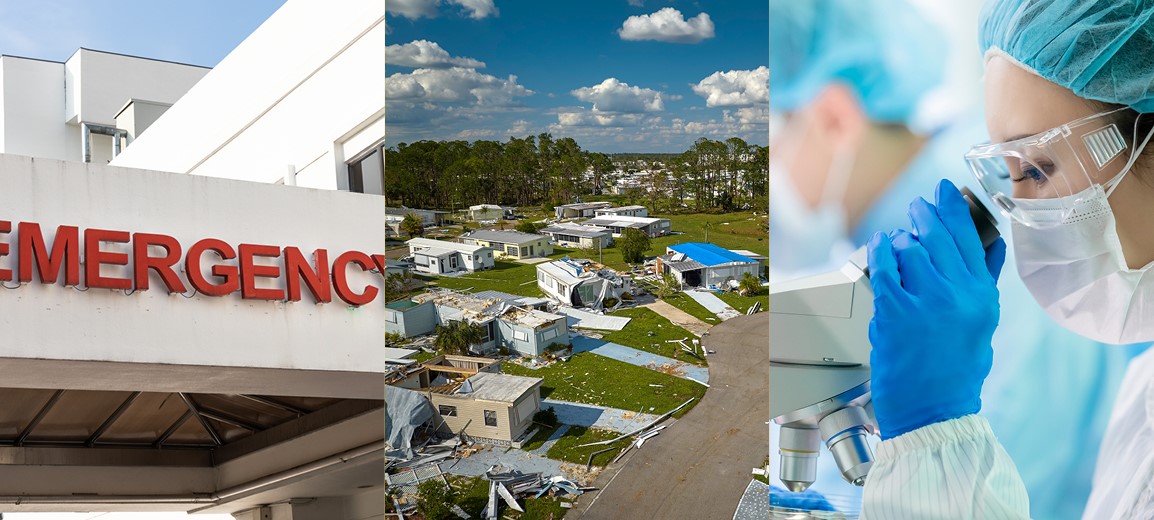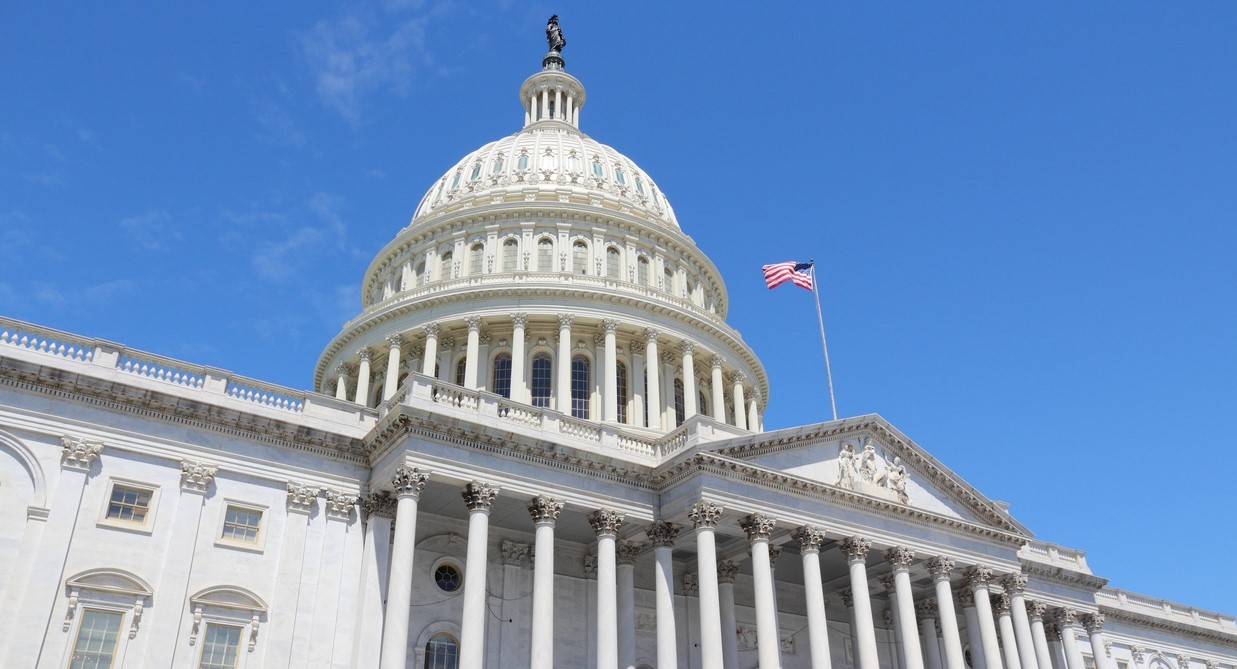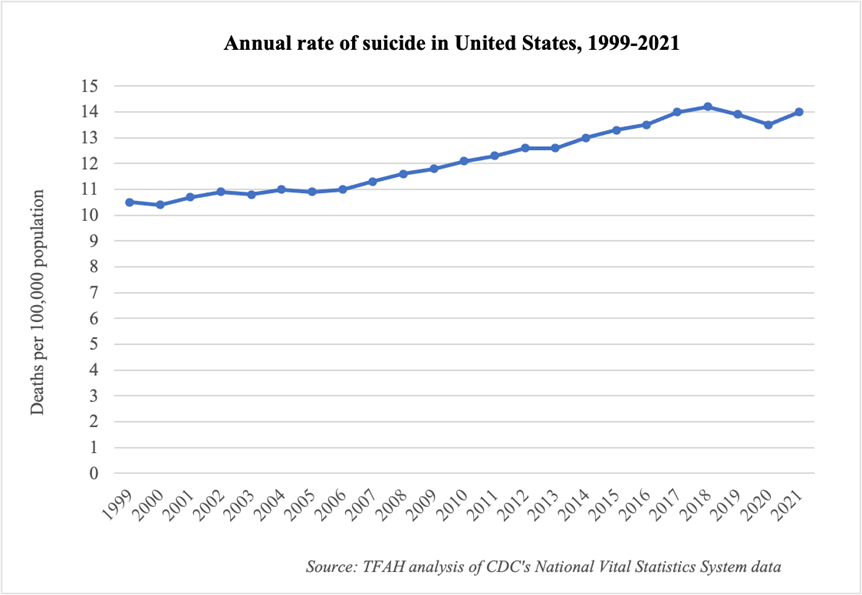The data tell the story. Members of certain racial and ethnic groups in the U.S. have, on average, worse health outcomes, including higher rates of chronic and infectious disease, than do their white counterparts. According to the National Institutes of Health, American Indian and Alaska Native people have a greater chance of having diabetes than any other racial group and are twice as likely as whites to have diabetes. Black adults in the U.S. are nearly twice as likely to develop diabetes compared to white adults. Asian Americans are 40 percent more likely to have diabetes than are whites, and Hispanic and Latino adults are also more likely to have diabetes than are whites.
Cancer is another disease for which people of color experience higher disease and death rates than do white people, according to the National Cancer Institute, typically due to social, environmental, and economic disadvantages. People of color also often have less access to healthcare screening and services, experience a lower quality of care, and face discrimination and bias when they do seek care. Black men have the highest prostate cancer mortality rate among all U.S. population groups, Black women have a lower incidence of breast cancer than white women but a higher mortality rate, and American Indian and Alaska Native people have higher death rates from kidney cancer than other racial and ethnic groups.
Health disparities are preventable differences in the burden of disease or in opportunities to achieve optimal health as experienced by racial and ethnic groups. Health disparities are among the many ways in which both the legacy of and present-day structural racism impact the disease burden and life expectancy of people of color. At the root of these disproportional health burdens are historic patterns of systematic inequities which have led to communities disadvantaged by poverty, exposure to pollution and environmental risks, unstable housing, limited employment opportunities and lack of access to healthy food, quality education, transportation, and healthcare. These differential disease burdens are rooted in differences that go beyond personal choices. They occur at the systems level, are rooted in centuries of structural racism, and were exacerbated by the COVID-19 pandemic.
Solutions can be found in policy action to create conditions in every community that allow all residents to achieve optimal health. Conditions such as access to safe and affordable housing; access to healthy foods, transportation, education, employment, and healthcare; jobs that pay a living wage and a built environment that supports physical activity. Building such communities will require a multi-sector and intentional focus on health equity and should start by targeting resources to communities most in need.
Trust for America’s Health’s (TFAH) recommendations for policy action that will advance health equity include:
- The Federal government should be a leader in advancing health equity by making it a priority and by ensuring accountability to health equity goals in all federal agencies, policies, and programs.
- Update: The Biden-Harris Administration’s American Rescue Plan and other COVID-19 response measures were designed to mitigate the impacts of the pandemic, with households of color being at particular risk for negative health and economic impacts during the emergency. Numerous programs including cash relief to low-and-middle income people, expansion of food and nutrition security programs, rent payment programs, and lower health insurance marketplace premiums helped Americans weather the pandemic. Of concern, is that many of these programs and program flexibilities will expire with the end of the public health emergency in May 2023.
- Update: On his first day in office, President Biden signed Executive Order 13985 Further Advancing Racial Equity and Support for Underserved Communities Through the Federal Government which instructed Federal agencies “to redress inequities in their policies and programs that serve as barriers to equal opportunity”.
- Congress should further develop and expand funding for programs that serve communities that are under-resourced and marginalized, including enacting and funding the Health Equity and Accountability Act and expanding investment for the Centers for Disease Control and Prevention’s (CDC) Racial and Ethnic Approaches to Community Health (REACH) program and its Healthy Tribes program so that all approved applicants are funded.
- Government at all levels and the healthcare sector should work together to ensure that health data is complete, shareable, and disaggregated (while still protecting individual privacy) so that the impact of health conditions, disease threats, health policies and interventions on specific population groups are known. All health data should be collected and disaggregated by race and ethnicity and other demographic factors. Investments in modernizing the nation’s public health data infrastructure are needed to meet these goals.
- The Biden Administration should create, and Congress should fund, a strategy and programs to address the root causes of health inequities including providing at least $100 million in FY 2024 for the expansion of the social determinants of health program at CDC.
- The federal government should prioritize the elimination of poverty by raising the national minimum wage, expanding programs to make higher education more accessible to lower-income people, growing federal supports for affordable housing and childcare and by expanding nutrition support programs such as the Supplemental Nutrition Assistance Program (SNAP) and the Special Supplemental Nutrition Program for Women, Infants and Children (WIC).
- Federal and state governments should ensure that all Americans have access to health insurance and have job-protected paid leave for illness or to care for a family member who is ill.
- Federal and state governments should expand programs that support families including child tax credits, earned income tax credits, and programs that support childcare, early childhood education programs, school meal programs, and school-based Medicaid health services programs.
For more information about the data and policy solutions summarized in this news feature see TFAH’s Blueprint report for the 2021 Administration and Congress, The Promise of Good Health for All: Transforming Public Health in America.








